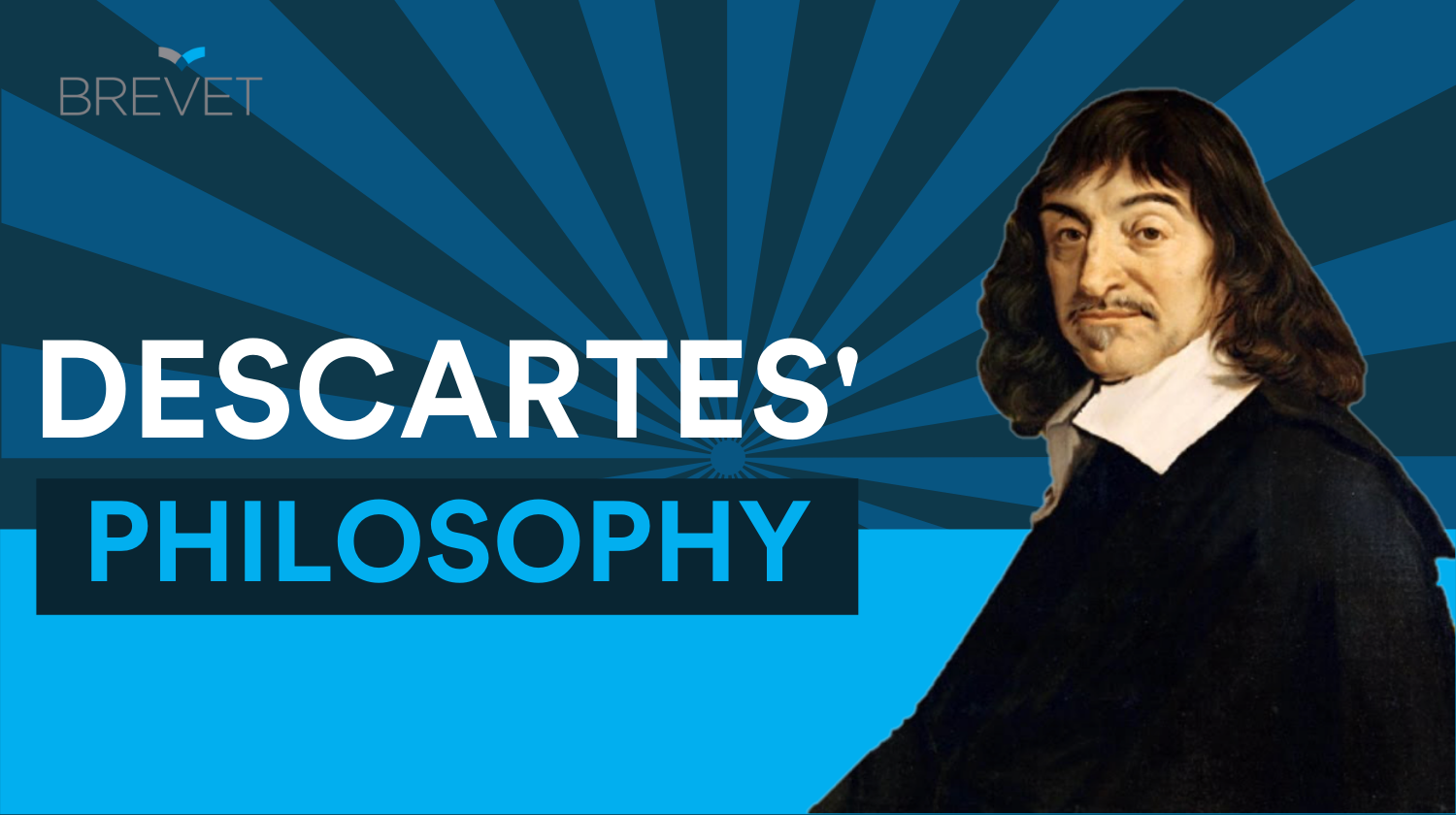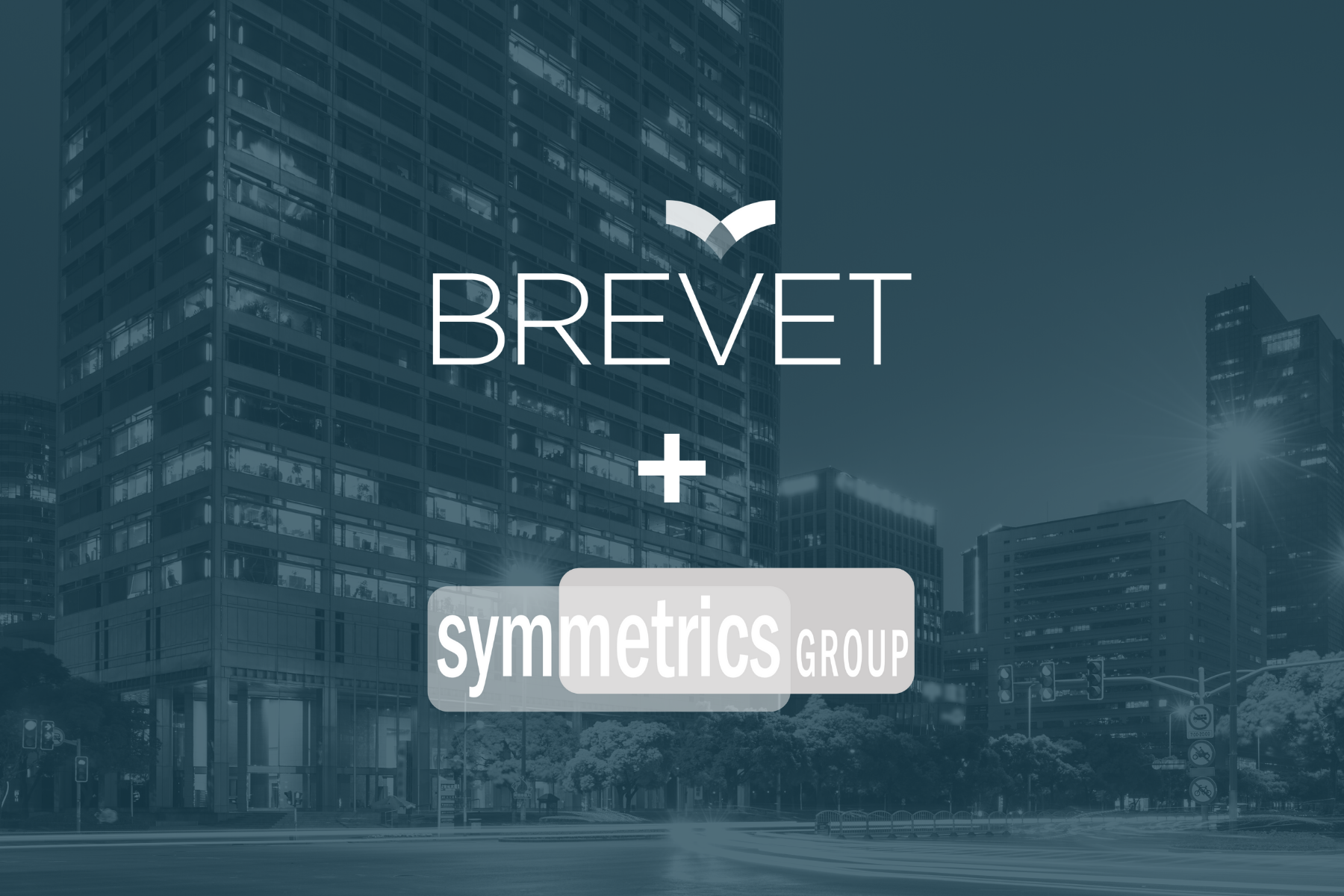“Have you ever had a dream, Neo, that you were so sure was real? What if you were unable to wake from that dream? How would you know the difference between the dream world and the real world?” -- Morpheus, The Matrix (1999)
During the height of the pandemic, we attended our first large-scale virtual conference.
Organized by an industry association client of ours, it was in every way analogous to a sales kick-off meeting. About 8,000 attendees registered. At any one time, 1,800-1,900 people were viewing a main-stage event, attending education sessions, browsing exhibitor booths, or virtually networking.
The conference interface was intuitive and easy to navigate. You could attend live sessions as easily as walking into or out of a hotel ballroom. However, you didn’t disturb anyone by opening a physical door. If you wanted collateral or presentation material, you picked it up and dropped it into your virtual briefcase for later viewing. You could chat with just about everyone.
The Dilemma: Uncertainty, Complexity, Doubt.
Pre-pandemic, our client wasn’t sure how to run this event. Would it be in-person or virtual? If physical, how must they change it to ensure safety? Either forum would be complex to pull off and they had no experience running anything virtually.
Enormous uncertainty, and nobody knew anything for sure. What should they do?
We’ve been writing lately about the intersection of philosophy and sales. Pulling practical wisdom from pioneering thinkers to see what we might offer sellers and leaders.
Enter René Descartes.

You’ve heard the phrase, “I think therefore I am.”
The author and philosopher René Descartes was searching for an answer to the question, “What can I know for certain?” He lived at a moment in human history that looks a lot like this one: enormous uncertainty and conflicting information. One sympathizes.
We like Descartes, though, for a different aspect of his philosophy. Something called The Method of Doubts.
It’s a way of breaking complex problems into small, solvable pieces.
“Divide each difficulty into as many parts as is feasible and necessary to resolve it,” he wrote, like a 17th century management consultant.
He had rules, too:
- Accept only clear and distinct ideas
- Divide problems into their simplest parts
- Solve problems by proceeding from the simple to the complex
- Recheck your reasoning – are there oversights?
These are comforting guideposts we can return to when our problems are complex. The environment is uncertain and the information conflicting.
Relevance to Modern Sales/Organizational Challenges
This deconstruction approach was what our client had to use when they decided to run a huge virtual event, while starting with so little that they actually knew for certain: Would people attend? Would they attract exhibitors? Would the technology work? Would the presenters manage? Would the experience be enough to hold attention for three consecutive days?
It was.
You have hard decisions to make in the changing landscape. They will be tethered to complexity, uncertainty, and conflicting information. Reflect on these rules for deconstructing complexity, take inspiration from the example of our client’s success, and apply these learnings to the task in front of you. It’ll help.
There’s so much to consider in today’s evolving decision landscape. Contact us to learn more best practices about addressing modern sales challenges.
About The Author
 Hope is a sales effectiveness expert who builds winning sales organizations. She works side-by-side with sales teams around account segmentation and planning, helping complex organizations rethink the way they serve their largest accounts. Her specialties include sales transformation, sales capability development, leadership development/coaching, and performance management. Hope’s expertise and execution focus mean she’s the consultant that clients want to keep around.
Hope is a sales effectiveness expert who builds winning sales organizations. She works side-by-side with sales teams around account segmentation and planning, helping complex organizations rethink the way they serve their largest accounts. Her specialties include sales transformation, sales capability development, leadership development/coaching, and performance management. Hope’s expertise and execution focus mean she’s the consultant that clients want to keep around.


.jpg)

